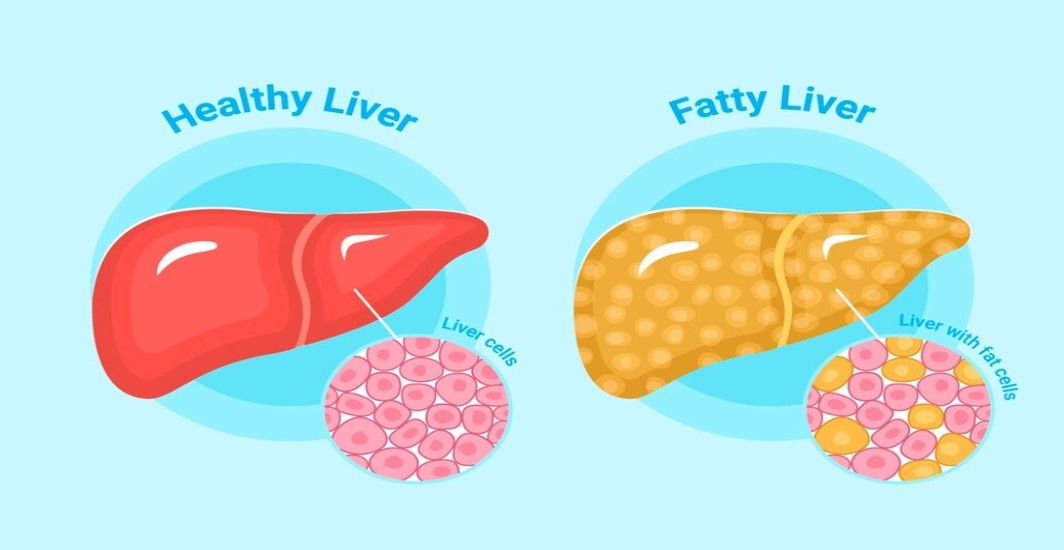Diabetes Management
Turning Back the Clock on Diabetes: Insights into Successful HbA1c Reversal
2 min read
By Apollo 24|7, Published on - 30 April 2024
Share this article
0
0 like
.jpg?tr=q-80)
There's been a buzz in the medical world about reversing diabetes, specifically type 2 diabetes. But what does this mean? Is it truly possible to say goodbye to diabetes forever? Our understanding of diabetes has significantly evolved, and so has the approach towards managing this chronic condition. So, let's delve deeper into the recent findings.
Understanding India's Diabetes Landscape
The state of diabetes management in India presents an intriguing picture. A comprehensive study reveals that care indicators vary dramatically among states, particularly those with a lower prevalence of diabetes such as Uttar Pradesh. Here, a significant number of adults remain unaware of their diagnosis. This highlights the need for improvements in healthcare delivery, particularly in states with less wealth and lower levels of education, if HbA1c reversal is to be achieved in such states. Furthermore, states with higher prevalence rates such as Goa, Tamil Nadu, and Andaman and Nicobar Islands require more robust detection and care programmes to successfully reverse diabetes amongst the population of these states.
Are We Making Strides?
Despite the challenges in India's diabetes landscape, there's promising news on the horizon. Another breakthrough research presented a potential way forward - reversing type 2 diabetes through specific interventions. Although methods such as bariatric surgery, low-calorie diets, or carbohydrate restriction are not commonly encouraged by healthcare systems, they have shown effectiveness in achieving HbA1c reversal.
Success in Young Adults: Intensive Lifestyle Therapy
A study focusing on Asian Indian young adults diagnosed with type 2 diabetes found high rates of HbA1c reversal through intensive lifestyle therapy. A whopping 75% achieved reversal/remission rates at 3 months, 1 year, and 2 years. This finding highlights the importance of implementing intensive lifestyle therapies early on for successful diabetes reversal.
A Holistic Approach Towards Reversal
While medical interventions are crucial for reversing HbA1c, a holistic approach involving lifestyle modifications can work wonders too. A study has revealed that losing around 15 kg of weight can help with HbA1C reversal. This can be achieved through a balanced diet, regular physical activity, maintaining a healthy weight, and stress management.
The ongoing struggle to manage diabetes demands a fresh perspective and innovative strategies. While reversing diabetes may not be applicable or possible for everyone, these advancing studies show promise for future treatment paradigms. More importantly, they advocate for an increased focus on early detection, intensive lifestyle therapy initiatives, and widespread education about reversal options.
Diabetes Management
Consult Top Diabetologists
View AllLeave Comment
Recommended for you

Diabetes Management
The Truth About Diabetes and Fad Diets
When making decisions about our health, it's important to base them on sound information and expert advice. While specific fad diets may offer short-term benefits, they have yet to be proven safe or effective in the long run. For constructive and tailored recommendations that will benefit your health in the long term, it's always best to consult with a doctor or nutritional expert.

Diabetes Management
Fighting Diabetes and Fatty Liver Disease through a Healthy Lifestyle
Understanding the connection between diabetes and fatty liver disease can lead to better prevention and management strategies. By maintaining a healthy weight, eating balanced meals, exercising regularly, limiting alcohol intake and going for regular screenings, you can keep both conditions in check.
.jpg?tr=q-80)
Diabetes Management
Managing Stress with Self-Care Strategies for Better Sugar Control
To manage diabetes, self-care practices like monitoring blood glucose levels, being active, practicing yoga for stress management, good sleep, and maintaining a balanced diet are crucial. It is important to receive counseling and understand diabetes self-care practices as they are crucial in improving outcomes.
Subscribe
Sign up for our free Health Library Daily Newsletter
Get doctor-approved health tips, news, and more.
Visual Stories

8 Fruits That are Incredibly Healthy for Diabetes
Tap to continue exploring
Recommended for you

Diabetes Management
The Truth About Diabetes and Fad Diets
When making decisions about our health, it's important to base them on sound information and expert advice. While specific fad diets may offer short-term benefits, they have yet to be proven safe or effective in the long run. For constructive and tailored recommendations that will benefit your health in the long term, it's always best to consult with a doctor or nutritional expert.

Diabetes Management
Fighting Diabetes and Fatty Liver Disease through a Healthy Lifestyle
Understanding the connection between diabetes and fatty liver disease can lead to better prevention and management strategies. By maintaining a healthy weight, eating balanced meals, exercising regularly, limiting alcohol intake and going for regular screenings, you can keep both conditions in check.
.jpg?tr=q-80)
Diabetes Management
Managing Stress with Self-Care Strategies for Better Sugar Control
To manage diabetes, self-care practices like monitoring blood glucose levels, being active, practicing yoga for stress management, good sleep, and maintaining a balanced diet are crucial. It is important to receive counseling and understand diabetes self-care practices as they are crucial in improving outcomes.
